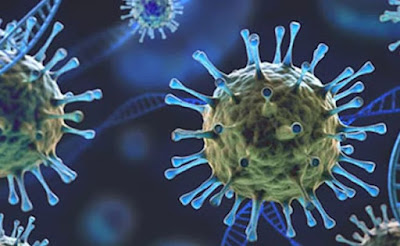Omicron (B.1.1.529): SARS-CoV-2 .
The B.1.1.529 variant was first reported to WHO from South Africa on 24 November 2021.
Omicron is potentially more contagious than previous variants, but experts do not know yet if it will cause more or less severe COVID-19.
“Based on the evidence presented indicative of a detrimental change in COVID-19 epidemiology, the TAG-VE has advised WHO that this variant should be designated as a VOC, and the WHO has designated B.1.1.529 as a VOC, named Omicron,” the global health body said in a statement.
Scientists say omicron could be more transmissible and better at evading the body’s immune defenses, making vaccines less effective. The WHO said Friday that preliminary evidence suggests an “increased risk of reinfection” compared to other variants.
"It presents mild disease with symptoms being sore muscles and tiredness for a day or two not feeling well. So far, we have detected that those infected do not suffer loss of taste or smell. They might have a slight cough. There are no prominent symptoms. Of those infected some are currently being treated at home. "The chairwoman of the South African Medical Association, Angelique Coetzee Said".
The new mutation, which is potentially more transmissible, was first discovered in South Africa and has since been detected in Australia, United Kingdom, Germany, Israel, Italy, the Czech Republic and Hong Kong.

Post a Comment